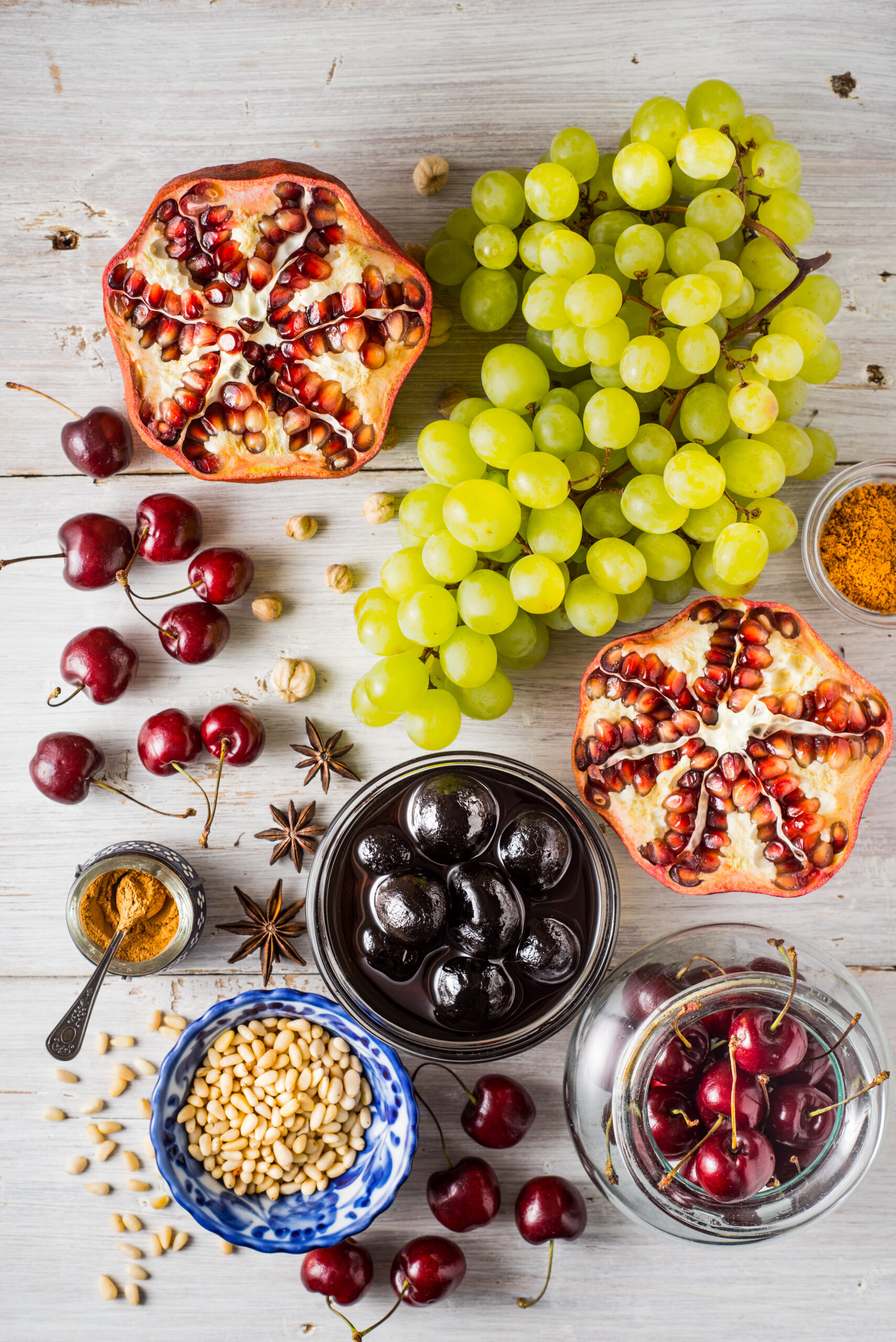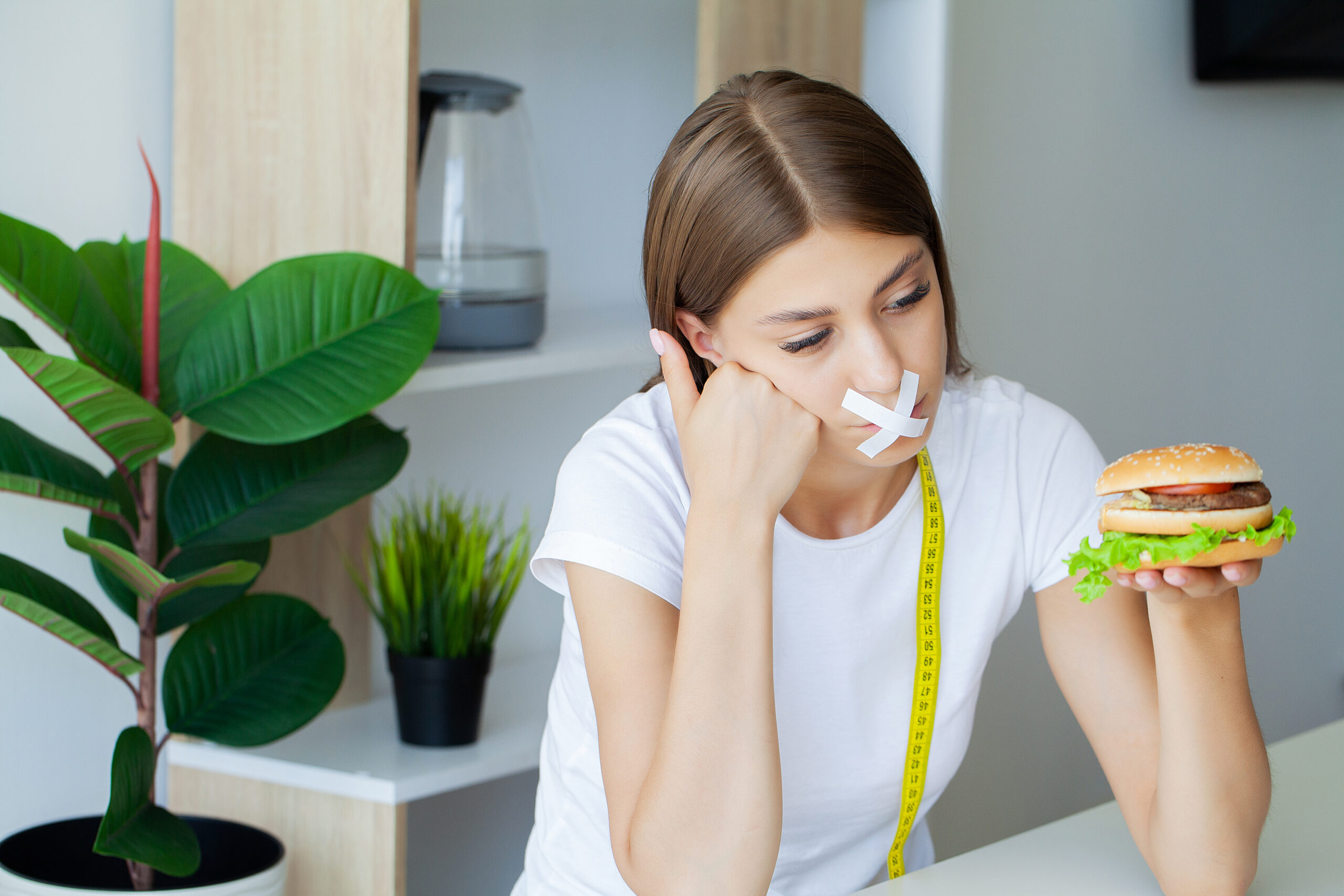Best Post-Nose Surgery Diet: What to Eat, Foods & Tips
Key Takeaways
- Start with hydration: Drink plenty of water and non-caffeinated herbal teas in the first 24 hours post-surgery.
- Focus on soft, nutrient-dense foods like mashed potatoes, yogurt, and smoothies during the first week.
- Avoid crunchy, spicy, and acidic foods to prevent irritation and swelling.
- Incorporate protein-rich foods such as lean meats, beans, and eggs to support tissue repair.
- Gradually reintroduce regular foods in the second week, but continue to avoid alcohol and caffeine.

Understanding the Best Post-Nose Surgery Diet
After nose surgery, also known as rhinoplasty, your body needs the right nutrients to heal properly. The food you eat plays a crucial role in reducing swelling, minimizing discomfort, and speeding up recovery. This guide walks you through the best post-nose surgery diet, ensuring you get back on your feet quickly.
The Importance of a Proper Diet for Recovery
A balanced diet provides essential vitamins and minerals that support wound healing, reduce inflammation, and boost your immune system to prevent infections. Focus on eating soft, nutrient-dense foods that are easy to digest, and avoid anything that might cause irritation or require excessive chewing.
Foods to Eat After Nose Surgery
Knowing what to eat and when is crucial for a successful recovery.
First 24 Hours
During the first 24 hours after surgery, focus on hydration. Drinking plenty of fluids helps flush out toxins and reduce swelling. Avoid caffeinated and carbonated beverages as they can cause dehydration.
Recommended fluids:
- Water
- Herbal teas (like chamomile or peppermint)
- Clear broths
- Coconut water
First Week
Once the initial 24 hours have passed, introduce soft, nutrient-dense foods into your diet. These foods should be easy to chew and swallow to avoid putting pressure on your healing nose.
Recommended foods:
- Mashed potatoes
- Yogurt
- Applesauce
- Scrambled eggs
- Oatmeal
- Protein smoothies
These options are rich in essential nutrients. For example, yogurt contains probiotics that boost your immune system, and eggs provide high-quality protein for tissue repair.
Second Week
By the second week, most patients can start reintroducing regular foods. Continue to avoid foods that might cause irritation or require excessive chewing.
Reintroduce foods like:
- Soft-cooked vegetables
- Lean meats (like chicken or fish)
- Whole grains (like quinoa or brown rice)
- Beans and legumes
Monitor your body's reaction and adjust your diet as needed. If you experience discomfort or increased swelling, revert to softer foods and consult your doctor.
Hydration Essentials
Staying hydrated throughout your recovery is critical. Water helps flush out toxins, reduce swelling, and keep tissues hydrated. Aim for at least eight glasses of water daily and consider incorporating hydrating foods like watermelon, cucumbers, and oranges.
Foods to Avoid After Nose Surgery
Certain foods can increase swelling, cause irritation, or slow your healing process. Avoid:

- Crunchy and hard foods like nuts, chips, and raw vegetables.
- Spicy foods like hot peppers and curry.
- Acidic foods such as citrus fruits and tomatoes.
- Processed foods high in sodium and preservatives.
- Caffeine and alcohol, as they can dehydrate your body.
- Extremely hot or cold foods and drinks.
Tips for a Speedy Recovery Post-Nose Surgery
Besides eating the right foods, here are some additional tips for a faster recovery:
- Meal Planning and Preparation: Prepare nutrient-dense meals like soups and smoothies in advance.
- Avoid Excessive Chewing: Stick to soft foods to avoid putting pressure on your nose.
- Manage Swelling with Diet: Incorporate anti-inflammatory foods like turmeric, ginger, leafy greens, and fatty fish.
Supplements for Recovery
Certain supplements can support your recovery. Consider adding:
- Vitamin C: Essential for collagen production and tissue repair.
- Zinc: Supports immune function and wound healing.
- Bromelain: Found in pineapples, helps reduce swelling and inflammation.
- Arnica: A homeopathic remedy for bruising and swelling.
Last Word on Post-Nose Surgery Diet
Your diet plays a vital role in your recovery. By focusing on nutrient-dense, easy-to-eat foods and avoiding irritants, you can support your body’s healing process and minimize complications. Stay hydrated, incorporate anti-inflammatory foods, and consider supplements for optimal recovery.
FAQs
How can I reduce swelling faster after rhinoplasty?
- Focus on eating anti-inflammatory foods like leafy greens, fatty fish, and turmeric. Drink plenty of water, and consider supplements like bromelain and arnica to manage swelling.
When can I start eating normally after nose surgery?
- You can start reintroducing regular foods during the second week of recovery, but avoid foods that require excessive chewing. Monitor your body's reaction and adjust your diet as needed.
Are there specific fruits that help with recovery?
- Yes, fruits like strawberries, watermelon, and pineapple are great for recovery, providing essential vitamins and minerals.

What beverages should I drink or avoid post-surgery?
- Drink hydrating beverages like water, herbal teas, and clear broths. Avoid caffeinated and alcoholic drinks, as well as carbonated beverages.
- ACT NOW! GET A FREE CONSULTATION - TODAY ONLY!
- CALL US NOW TO LEARN MORE ABOUT HOW A BROKEN NOSE IS REPAIRED BY A PLASTIC SURGEON! 346-413-9313
- Don’t miss this exclusive opportunity to get expert advice and begin your journey towards a new, confident you. Texas Sinus and Snoring's dedicated team is ready to help you achieve the results you've always wanted. Contact us today to schedule your free consultation and take the first step towards a better, more confident you!
